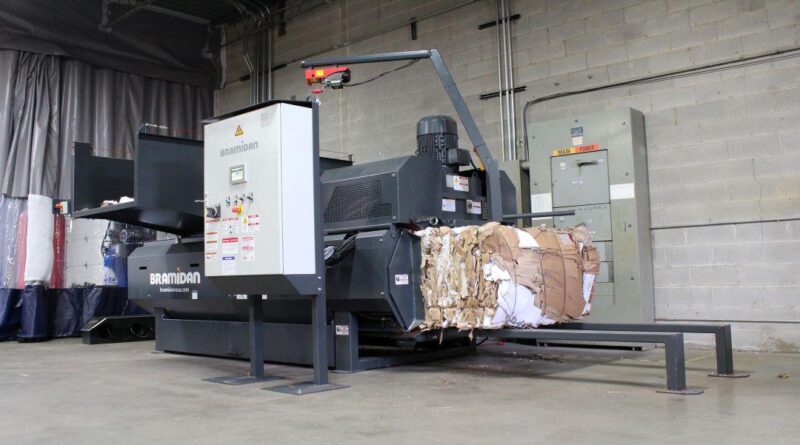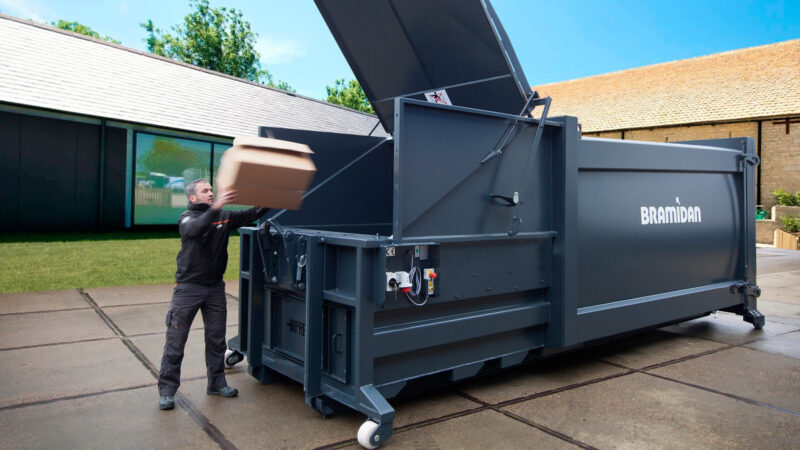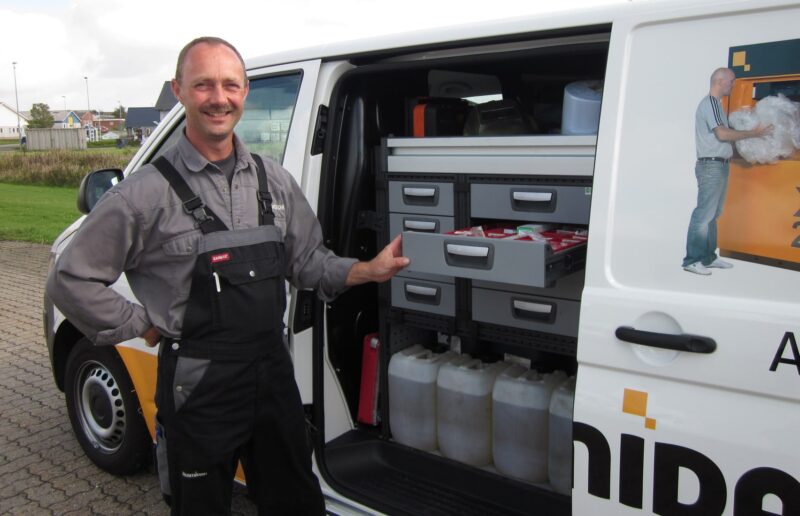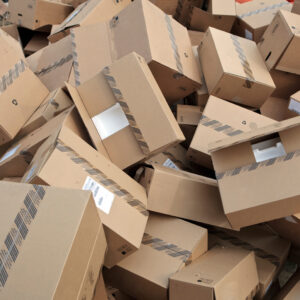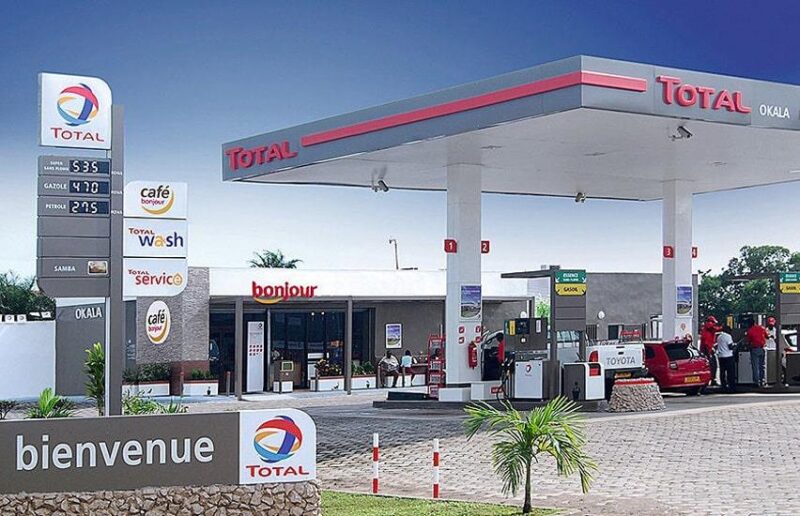Retail

Smart waste management in retail is more than a requirement – it’s a competitive edge.
For grocery store managers, business executives, and shopgoers, staying on top of waste management is crucial for enhancing profit and store efficiency.
Choose Bramidan for reliable, sustainable, and cost-effective waste management solutions. Explore our recommended equipment below.
Challenges
- Time spent handling waste
- Limited space and overfilled containers
- Difficulty managing various waste types separately
- Limited income opportunities from recyclables
- Higher carbon footprint
- Expensive container haulings
- Strict waste handling policies
Benefits
- Reduces waste collections
- Efficient waste management saves time
- Sustainable, reliable recycling solution
- Streamlines unpacking
- Generate an income from recyclable materials
- Optimises space utilization
- Enhances workplace cleanliness
Recommended equipment
Our product range includes Vertical & Horizontal Balers, catering to the specific requirements of your retail business. Additionally, for those dealing with large waste volumes, our Self-Contained & Stationary Compactors offer a reliable solution.
Discover the effortless and highly effective waste management solutions our products provide, designed to handle various waste types.
Vertical balers
Horizontal balers
Self-contained, stationary and mobile compactors
Services
BRA-IN
Service
Rent, lease or buy
Explore common waste types in retail
In the retail sector, grocers deal with plenty of paper and cardboard waste, soft and hard plastic, and aluminum cans. Explore your specific waste type below to unveil our curated selection of machines for each waste fraction.
Don’t see your waste type? Explore all waste types here.
Paper & Cardboard
Soft & Hard Plastic Waste
Aluminium cans
Waste analysis in the retail sector
Retail sector companies typically deal with a diverse mix of waste types, given the variety of products they handle.
Common types of retail waste include:
- Packaging waste: This is often the most significant type of waste in retail and includes cardboard, plastic wrapping, pallets, and packing materials used to protect goods during shipment. Beyond packaging, this includes product components, shopping bags, and bottles.
- Product waste: Damaged or expired products that cannot be sold or returned to the supplier must be disposed of responsibly.
- Organic waste: Grocery stores and food retailers generate organic waste such as unsold produce, spoiled food items, and food scraps from preparation areas.
- Hazardous waste: Items like batteries, electronics, light bulbs, and certain cleaning materials may require special disposal methods due to their potential environmental impact.
- Paper waste: Receipts, office paper, promotional materials, and unsold newspapers and magazines contribute to paper waste.
- Plastic waste: Beyond packaging, this includes product components, shopping bags, and bottles.
Retailers often seek to minimise waste by implementing recycling programs, donating unsold but usable goods, and employing waste compactors to reduce the volume of waste that must be handled.
Managing this waste efficiently not only helps retailers reduce their environmental footprint but can also lead to cost savings and improved operational productivity.
Read about our retail customers
Discover how leading retailers have transformed their waste management practices with Bramidan’s solutions.
From freeing up space and saving on waste bills to turning waste into value and cutting down on maintenance costs, these success stories speak volumes about the impact our solutions can have on your business.
ARGEDIS-TOTAL
Argedis cuts cardboard collections to a sixth
Argedis reduces cardboard waste collections with X25 HD balers, streamlining operations and improving cardboard pricing negotiations.
OBI
OBI turns waste into value with a X30 HD baler
Rather than spending time and money on disposal of loose waste, Hungarian DIY centre, OBI, opted for a Bramidan X30 HD baler and now sells highly compacted bales to the paper industry.
Fill in the form and we will contact you
Questions? Contact us today







